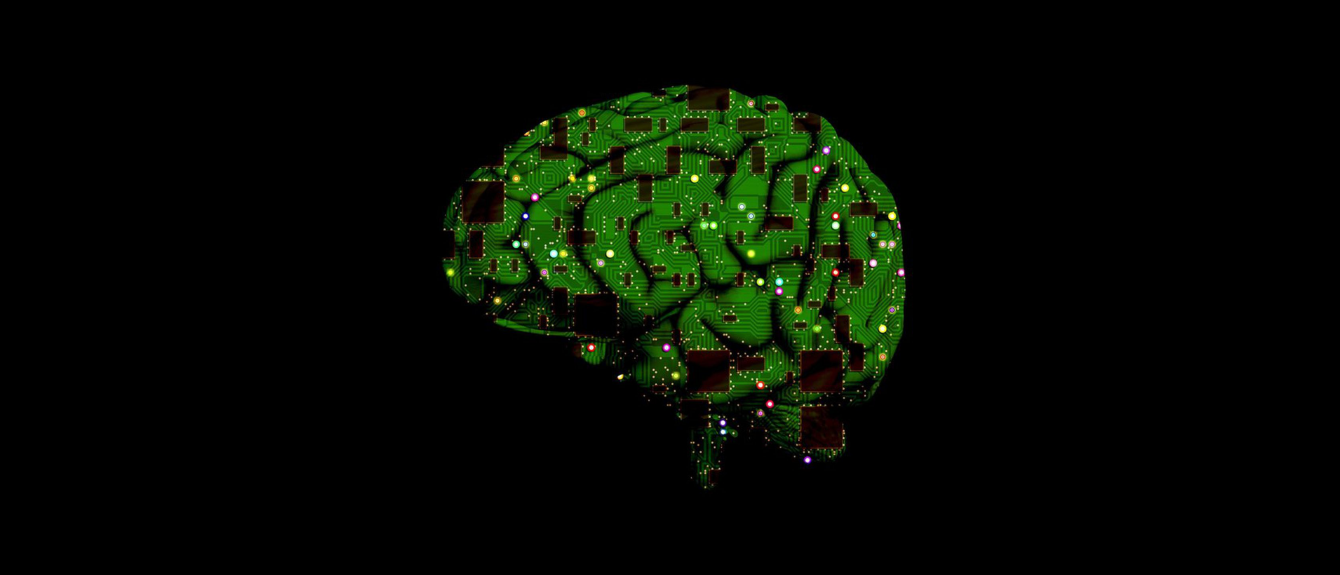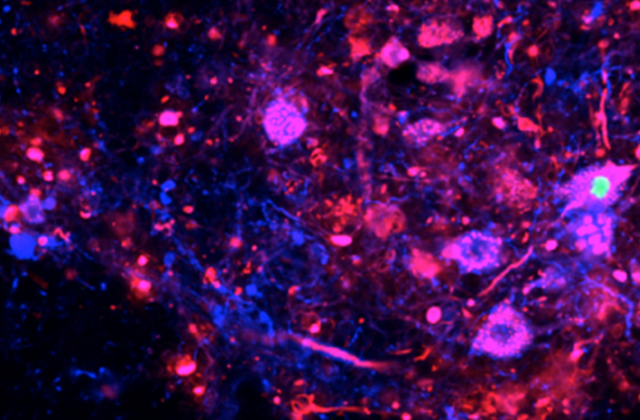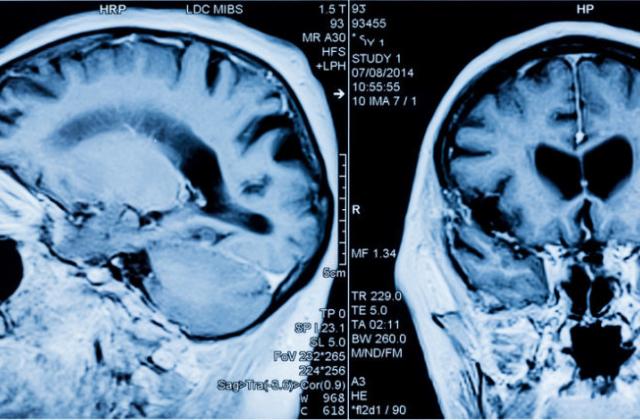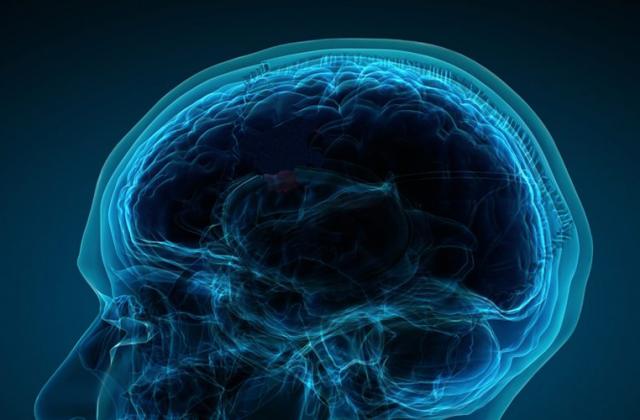How can we ensure new brain technologies are used ethically?

Led by Columbia neuroscientist Rafael Yuste, the Morningside Group, a team of physicians, ethicists, neuroscientists, and computer scientists, including engineers from Google and neurotechnology start-ups, recently developed ethical guidelines for the emerging technologies of neural implants and artificial intelligence.
Computer hardware and software are increasingly able to merge with the human mind, offering new possibilities for treating conditions from brain injury and paralysis to epilepsy and schizophrenia. As these brain-computer interfaces become more sophisticated, Yuste anticipates that they will link directly with machine intelligence, allowing a person with an implant to surpass current human capacities for endurance and mental agility.
The Morningside Group identified four ethical hazards raised by this technology: the loss of privacy, agency, and identity, and a rise in social inequities. Neural enhancement may become the province of the well-off, widening inequality, as well as providing new avenues for exploitation and manipulation by hackers, corporations, and governments. Fundamental human characteristics like private mental life and individual agency could also come under threat.
In response, the Group issued a set of recommendations in Nature. To protect privacy, for example, they advocate for strict regulation of the sale and commercial use of brain data and that the sharing of this data requires opting-in. They call for adding clauses to international treaties and an international convention to oversee issues of agency and identity: defining prohibited actions, regulating the military use of neural technology, and educating people on the potential effects on mood, personality, and sense of self.
“We just want to ensure that this new technology, which is so exciting, and which could revolutionize our lives, is used for the good of mankind,” said Yuste. Learn more.
Make Your Commitment




